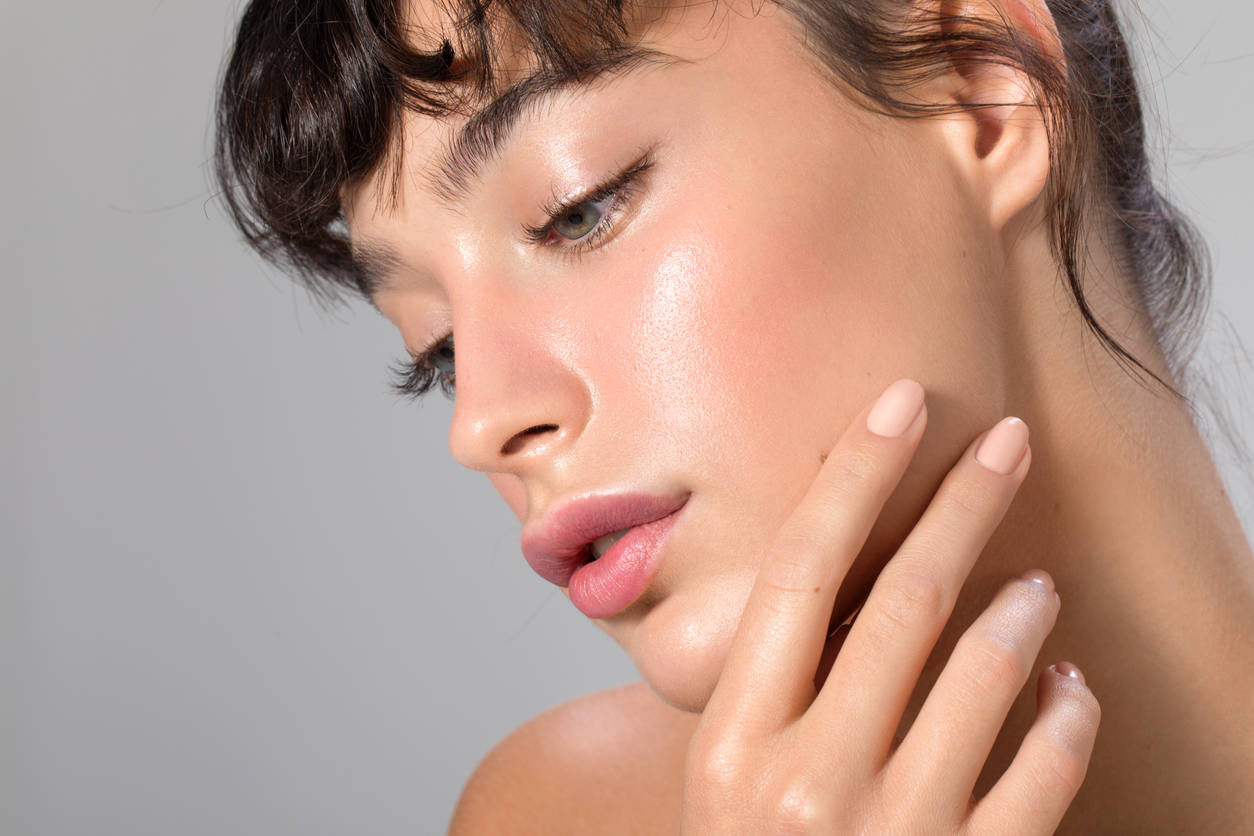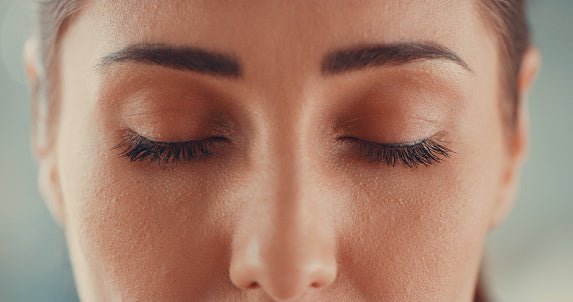
Not all olives are created equal!
Here is a question, is olive oil a good moisturizer for your face?
Benefits of olive oil for the skin and face
Here are some of the potential benefits of olive oil for the skin:
1. Antioxidant content
Olive oil contains antioxidants, which prevent oxidation. Free radicals are chemicals that can potentially damage cells and contribute to the development of cancer caused by oxidation. At Mount of Olives, we harness antioxidants in polyphenols in our anointing oils.
These antioxidants may prevent premature aging when applied to the skin. Additionally, some studies suggest that putting olive oil on the skin after sun exposure may help fight cancer-causing cells.
Scientists applied the oil to the skin of mice that had been exposed to potentially harmful ultraviolet (UV) rays. Compared with mice without olive oil on their skin, those with olive oil on their skin developed fewer tumors.
The effects of olive oil's antioxidant properties on human skin require more research in this area.
2. Vitamin content
The fat-soluble vitamins A, D, E, and K are present in olive oil. It is believed that these vitamins can benefit the skin.
People have used vitamin E oil topically for centuries to treat skin conditions such as psoriasis and eczema.
3. Antibacterial effects
Antibacterial properties have been demonstrated for olive oil. Only a few studies have examined olive oil's ability to control bacteria on the skin.
A small study investigated the effects of olive oil and coconut oil on Staphylococcus aureus bacteria on the skin. Both oils had antibacterial properties, but virgin coconut oil was more effective at eliminating bacteria.
Olive oil may, however, sometimes be used to treat bacterial infections of the skin. Olive oil may also improve the healing process in people with foot ulcers caused by type 2 diabetes.
4. Moisturizing effects
Natural moisturizers like olive oil are often used to soften both skin and hair. There are, however, very few research studies on the subject.
How to use olive oil on the skin
Many personal care products contain olive oil, including face wash, body wash, soap, and lotion. Other uses for olive oil on the skin include:
Moisturizer and after-sun treatment
Olive oil can be used as a moisturizing lotion by applying it directly to the skin, then blotting away excess oil. To prevent greasy skin, apply the oil to damp skin.
The antioxidant effects of olive oil on mice suggest that it may be especially beneficial following sun exposure.
Exfoliator
To exfoliate the face and body and treat areas of dry or scaly skin, olive oil and sea salt can be mixed.
The face and other sensitive areas should be rubbed with fine-grained salt, while the rest of the body should be rubbed with coarser salt.
Eye-makeup remover
When used on eye makeup, olive oil breaks down any water-resistant substances, making them easier to remove.
Add a few drops of olive oil to a cotton ball and gently wipe the eye area to remove eye makeup.
Face mask
You may see benefits from using an olive oil-based face mask if you have dry skin. Mixing olive oil with egg white, honey, or ground oats can soften and hydrate the skin.
Wrinkle treatment
Olive oil has antioxidant properties that may reduce wrinkles and aging skin. Apply the oil around the eye area at night or after sun exposure.
Scar oil
Olive oil contains antioxidants that may help fade scars by regenerating skin cells.
Massage the undiluted oil into scars or mix it with lemon juice for hyperpigmentation, where the skin has darkened due to scarring.
Additionally, olive oil may also be used to prevent or treat stretch marks, although studies have found mixed results.
Risks
Despite some studies showing olive oil benefits the skin, others suggest it is not the most suitable choice for everyone.
These are some of the risks associated with using olive oil on the face:
Skin barrier damage
According to a 2013 study, olive oil should not be recommended for dry skin in adults and infants. Researchers suggest that it may cause redness and damage to the outer layer of the skin in some people. For this reason, not all olive oils are created equal. To nourish the skin's outer layer, we use a proprietary technique to extract polyphenols from olives.
Childhood atopic eczema
Children with a family history of eczema are more likely to develop the condition when exposed to olive oil. Squalane from the olives themselves is used in our olive oil to promote healthy hydration.
Clogged pores
It is a heavy oil that is prone to clogging pores and trapping bacteria if used excessively. People should use it sparingly and wipe off any excess oil with a soft cloth or cotton ball immediately. The proprietary polyphenol formulation of Mount of Olives counteracts the comodogenic effects often associated with olive oils that lack squalane and antioxidant-rich polyphenols.
Using low-quality oil
It is imperative to use high-quality olive oil. Oils of low quality may contain additives or chemicals that may irritate or damage the skin. Not all olive oil is suitable for your delicate skin.
Takeaway
Olive oil may offer some benefits for the skin, including vitamins, antioxidants, and antibacterial effects. However, research on olive oil benefits for the face and skin is limited.
There is evidence that it may cause adverse reactions in some people, so those with sensitive skin should use it sparingly and do a patch test first.
You can try this by rubbing a few drops of oil onto your arm and watching for a reaction. If no reaction occurs after 48 hours, then you can use it.
Olive oil of the highest quality should be used.


Leave a comment
This site is protected by hCaptcha and the hCaptcha Privacy Policy and Terms of Service apply.